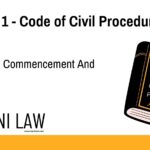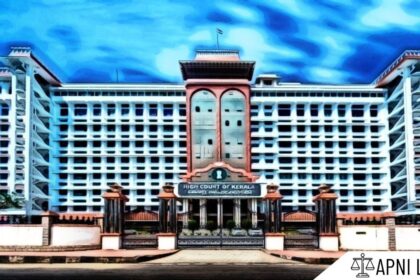Introduction
The Legal Services Authorities Act, 1987, ensures access to justice for all. It provides free legal aid to individuals who cannot afford legal representation. Section 12 of the Act outlines the specific categories of people eligible for free legal services. This support helps them file or defend a legal case in any court or tribunal.
Who Can Get Free Legal Aid?
The Act offers free legal services to people from certain vulnerable groups. These include individuals belonging to SC or ST communities are eligible for legal aid under this law. Those rescued from trafficking or forced labor, protected by Article 23 of the Constitution, are entitled to assistance. All women, regardless of income, and all children qualify for free legal support. Anyone with a disability, as defined in the 1995 Act on Persons with Disabilities, is entitled to aid. People affected by mass disasters, caste-based violence, ethnic conflicts, or industrial accidents can seek legal help. Employees defined as ‘workmen’ under industrial laws also qualify. Legal aid is available to anyone in custody. This includes those in Protective homes (under Immoral Traffic Prevention Act), Juvenile homes (under Juvenile Justice Act), Psychiatric hospitals or nursing homes (under the Mental Health Act).
People earning below a fixed annual income are eligible:
- Below ₹9,000 (or as revised by the State) for non-Supreme Court cases.
- Below ₹12,000 (or as revised by the Centre) for Supreme Court matters.
Khatri II v. State of Bihar
In this landmark case, the Supreme Court held that the right to free legal aid is part of Article 21 of the Constitution, the right to life and personal liberty. The court criticized the Bihar Government for not providing legal counsel to undertrial prisoners who were blind and facing serious charges. The judgment emphasized that legal aid is not a charity but a fundamental right, especially for marginalized individuals. It clarified that the obligation to provide legal services begins from the moment the accused is brought before a magistrate.
Conclusion
Section 12 of the Legal Services Authorities Act ensures that justice isn’t denied due to poverty or disadvantage. By recognizing specific categories, it safeguards the rights of vulnerable groups. Courts have upheld this right as fundamental, reinforcing the state’s duty to ensure legal aid is accessible and timely.








